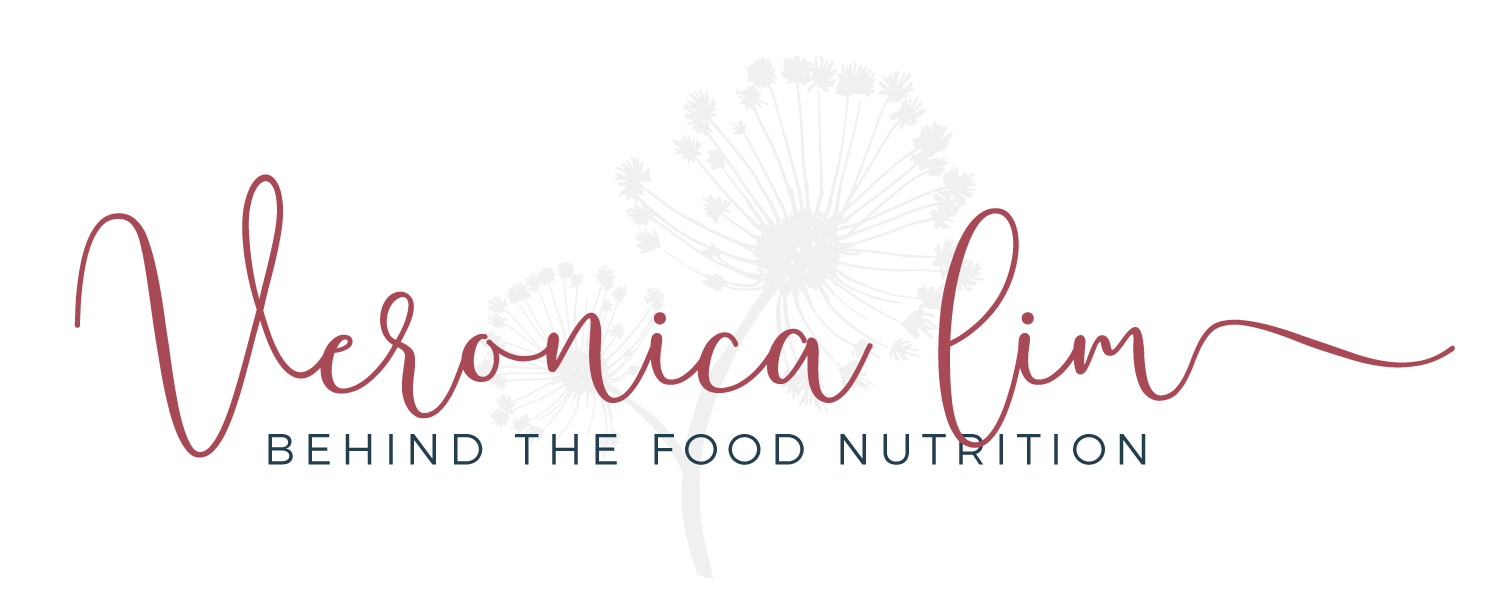It’s been Stress Awareness week this week, did you know? Well, today I went to the gym. But I didn’t on Wednesday.
Stay with me here.
In menopause, our body’s ability to handle stress is changed, such that we become more susceptible to its effects. (You may remember my explaining this a couple of weeks ago)
High levels of chronic ongoing stress (and stress hormones) can have a huge impact on your health.
- Increased risk for heart disease and diabetes. Stress can increase the risk for heart disease and diabetes by promoting chronic inflammation, affecting your blood “thickness,” as well as how well your cells respond to insulin. Also, oestrogen plays a role in reducing inflammation, and it also helps insulin sensitivity, so falling oestrogen levels that come with the menopause can contribute to increased risk.
- Reducing your immunity. Stress hormones affect the chemical messengers (cytokines) secreted by immune cells. As a result, they are less able to do their jobs effectively. Wound healing can slow down, and susceptibility to illness can increase.
- Causing “leaky gut”. Stress can contribute to leaky gut, otherwise known as “increased intestinal permeability.” Cortisol (stress hormone) can open up tiny holes in your gut by loosening the grip that the cells in your intestinal tract have on each other. These “leaks” can then allow partially digested food, bacteria or other things to be absorbed into your body, triggering food sensitivities and low grade inflammation.
- Disrupting your sleep. Stress and sleep go hand-in-hand and more and more research is showing just how important sleep is for our health, which is why it’s always a topic I discuss with clients. It’s often difficult to sleep when you have very important (and stressful) things on your mind. I know that you already know, that when you don’t get enough sleep, it affects your energy level, memory, ability to think, and mood. Our bodies repair and rejuvenate while we sleep, and a lack of sleep impairs our ability to regulate our blood sugar levels, and makes it difficult to lose fat.
- Reducing muscle mass and bone mass. Cortisol can break down muscle and/or bone in order to free up amino acids (units of protein) for use as energy. At menopausal age, activity levels tend to drop, and the corresponding lack of activity can lead to loss of muscle and bone mass. But over-exercising can do the opposite, by increasing cortisol levels. That’s why some women may find it difficult to build muscle.
Now, all that said, stress (or cortisol) actually isn’t all bad. Cortisol naturally goes up in the mornings to kick-start us awake. It increases our blood sugar levels to give us the energy we need to get going for the day. So it won’t come as a surprise then, that too little cortisol isn’t good either, because we can lose our get up and go.
With the body, there is always a “Goldilocks” range, within which our health and vitality are at their best.
But when our lives get crazy busy or our stress levels hike right up, guess what the first thing is to go out the window?
Self-care, sleep, healthy eating, movement, relaxation…. the very things that support our health. Then the downward spiral starts. Cravings. Lack of sleep. Poor eating. Tiredness. Feeling irritable. Hangry (the combination of hungry and angry).
And each of those things add even further to the stress.
Now, let’s pile on the menopause. Menopause itself is a stressful event for your body. And it lasts for several years.
What’s more, your adrenal glands, which are responsible for producing your stress hormones, are also responsible for producing oestrogen and testosterone (women have some of that too), taking over as the main sex hormone producer post-menopause. Even more burden on these little glands.
That’s why it’s extra important to continue to look after yourself in any small way, and not throw it all out of the window.
I missed going for my work-out on Wednesday. I was intending to, but I indulged in a brownie before I went to bed the night before, and the increased sugar in my system meant that I had a terrible night’s sleep (4½ hours according to my Oura ring when it was time to get up).
Needless to say, I felt terrible. So, instead of going to the gym, I slept for another hour. The next night (last night), I went to bed earlier than usual, and slept just over 7½ hours.
It was back to the gym this morning. And it felt good.
Life is a continuum. And so is health.
Doing something is better than nothing. And doing something a little better is better than nothing too. If something has to give, be conscious about what that is and why.
So, standing up for some of the time while working at your desk, is better than nothing. Eating a snack of roasted and salted nuts is better than a bag of crisps, if you just cannot bring yourself to having the unroasted and unsalted nuts which are better. And for me, skipping the gym was better than going, to get the extra sleep I clearly needed.
Getting it perfect is not the name of the game. It’s about doing something. Some days, you can dial it up. Other days, you may need to dial it down. But, don’t let it all go.
Thinking this through ahead of time can help. What strategies can you come up with now, when you don’t need it, so you can then draw on it when you do, without having to use up precious energy thinking about it then?
Take some time for yourself and put a list together.

